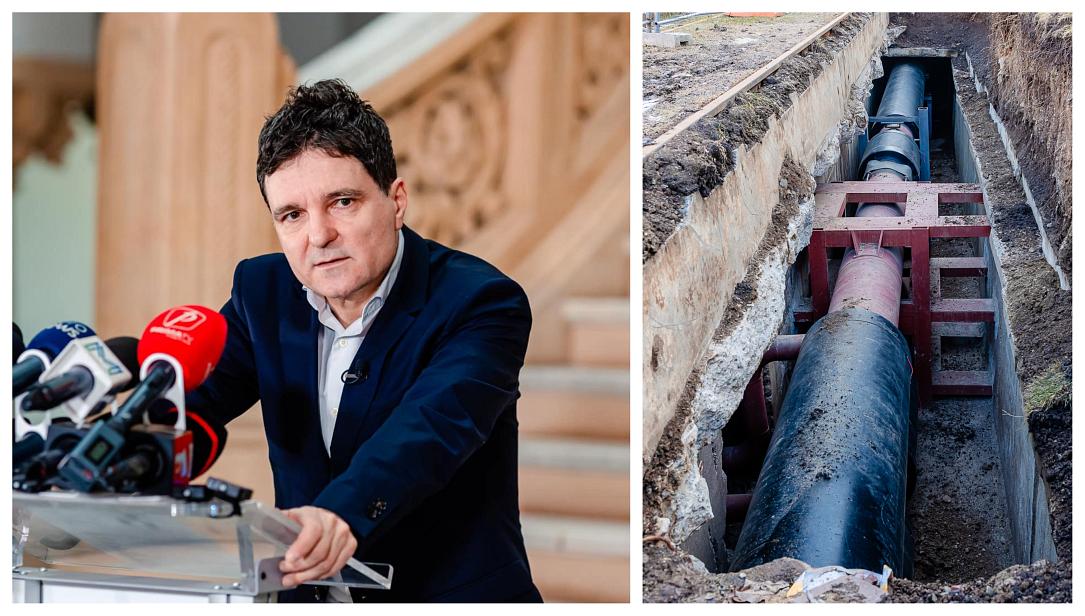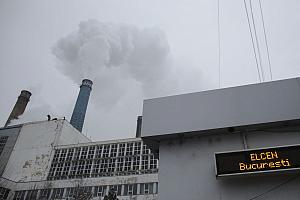Bucharest mayor claims investments in heating system led to reduced losses, problems still remain

Bucharest mayor Nicuşor Dan recently claimed that the investments made in the heating system during his mandate have reduced the losses of hot water in the network by 12%.
Bucharest has a long history of issues with hot water. Dan mentioned that the losses were limited due to the replacement of over 100 km of old, damaged, pipes.
"Specifically, by replacing over 100 km of old, damaged pipes, we have managed to reduce water losses from the network by 12% and, implicitly, financial losses. For comparison, during the previous administration, which invested insufficiently in heating, these losses increased annually, reaching up to 50%," says Nicuşor Dan on Facebook.
Problems still remain, however. Earlier this month, roughly 1200 apartment blocks in Bucharest were left without hot water for a period of time after the breakdown of the Grivița main line.
Overall, Bucharest's centralized district heating system had about 40% heat losses in 2022, almost 3% more than in 2021, according to the energy balance approved by the General Council of the Municipality of Bucharest. Out of the approximately 3.9 million gigacalories entered into the main network, about 1.22 million were lost. The losses are covered by the municipality, according to HotNews.
Representatives of Termoenergetica explained that the losses, percentage-wise, increased because in the last 3 years, consumption has decreased by 18% due to the rise in average temperature. As a result, the heating season was shortened in 2022 by two months, namely April and October. The rise can also be explained by the consumption reduction due to the thermal rehabilitation of buildings.
65% of primary circuit piping in Bucharest’s centralized system is over 25 years old, leading to numerous breakdowns. The only solution is the rehabilitation of primary thermal networks and the replacement of old pipes with pre-insulated pipes, equipped with an automatic loss detection system.
According to existing data, Termoenergetica provides thermal energy for 10,032 homeowners'/tenants' associations in 8,091 apartment buildings, 74 dormitories, and 313 buildings/houses, representing approximately 1,170,000 residents.
In 2023, the Capital's City Hall began replacing 210 km of the main district heating network, a project worth about EUR 260 million, of which 200 million are non-repayable European funds, with a completion deadline at the end of 2024.
(Photo source: Nicusor Dan on Facebook)













